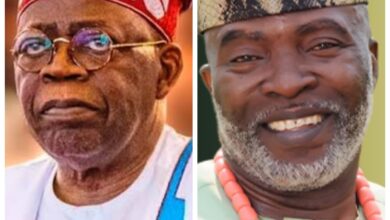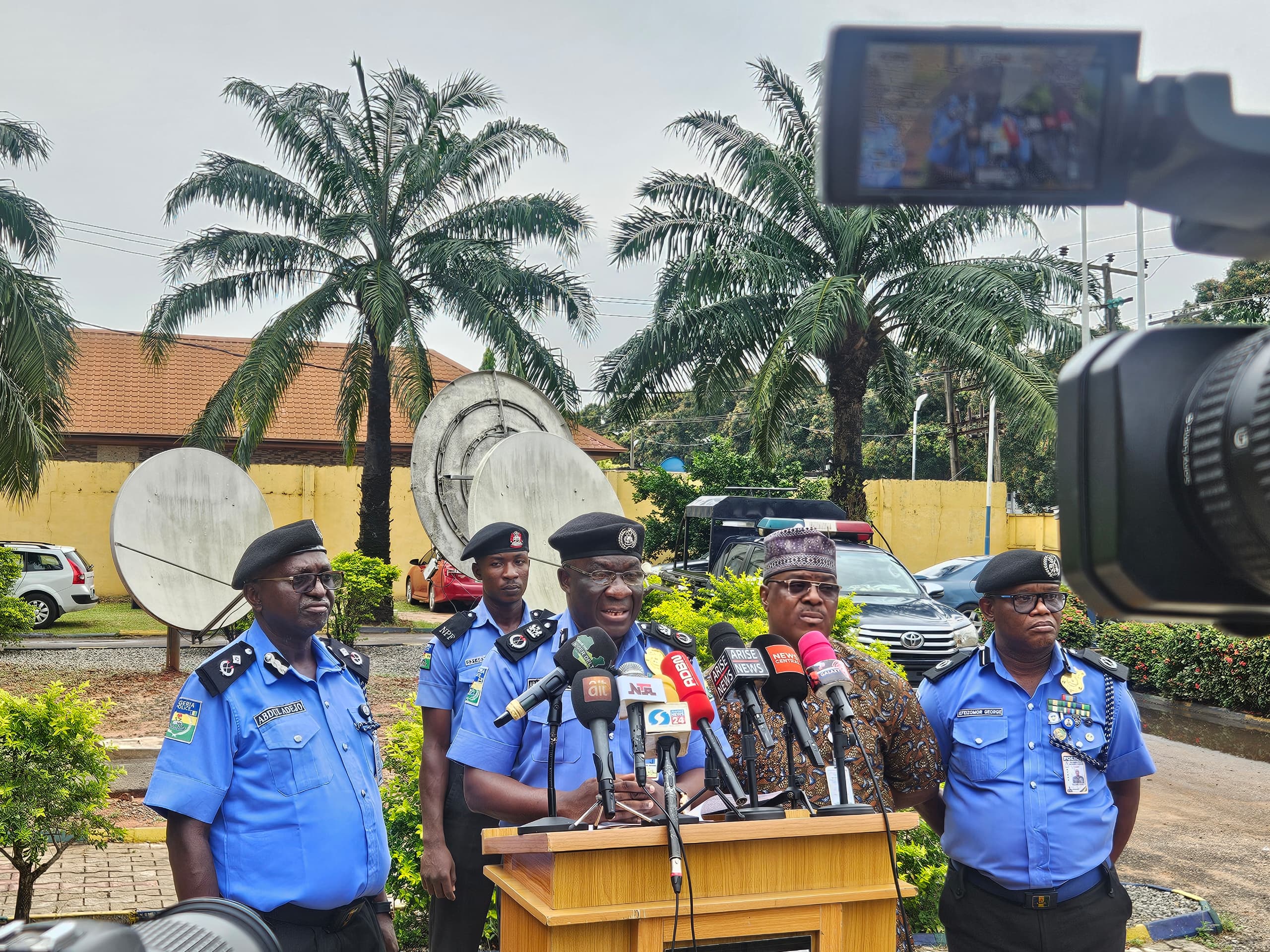Agriculture: We Must Return to the Land – President Muhammadu Buhari
President Muhammadu Buhari has stated that his government will continue to encourage Nigerians to return to the land and cultivate crops.
In an exclusive interview with Channels Television that aired on Wednesday evening, he stated.
“We found out that only 2.5 percent of arable lands are being cultivated, so we have to go back to land,” the President said, adding that “we have made some progress with the closing of the borders with Benin and the Niger Republic, and Nigerians went back to land, we stopped the importation of rice, we are now feeding ourselves, and now we produce and export rice.”
Read also: In Gombe, tricycle rider masterminds his own kidnapping, demands N500,000 to settle debt
“As a result, we’re going to focus on the remaining time on Agriculture.” We need to buy machines to clear the land and provide fertilisers and seedlings for cultivation to encourage people.”
Policing by the state
On state policing, the President stated that traditional rulers’ role should not be diminished.
“They know who’s who, so we’ll have to go back to that system if we want effective security in the neighborhoods.” Farmers and herders have coexisted in Nigeria for as long as I can remember; let them go and ask the local leadership what went wrong, why the breakdown in communication between the local leadership and herders.
“State policing is not an option; investigate the relationship between local governments and governors; is the third tier of government receiving what it is constitutionally entitled to?”
He promised to flush out criminals wreaking havoc in the country’s northwestern region, declaring that bandits will be treated as terrorists by the government.
“So, I believe the only language they understand – we’ve talked about it extensively with law enforcement agencies, security chiefs, and the Inspector General of Police – is to go after them, the terrorists.”
“We labeled them terrorists, and we’re going to deal with them as such,” President Buhari said in the interview, bemoaning the fact that people of similar cultures would oppose one another.
Read also: Military Pensions Board will soon clear 24 months of arrears – Chairman
He claims that there have been successes in the fight against banditry in the region, noting that he has met with the heads of security agencies to discuss the issues.
“And I believe there have been improvements in security in those constituencies in the North West and North Central in the last four weeks,” the Nigerian leader added.
Economy
“You have to allow people to make sure that their industries are patronized, you have to stop smuggling, you have to stop developed countries from dumping goods on your country because technology allows them to produce faster, so you have to protect your economy,” the President said of the country’s economy.
“They can produce more with fewer resources, so you have to protect your economy,” he says. “That’s why ECOWAS, and any African organization, has to make sure that we encourage our own industries for employment and security using our own resources.”
Bill to Amend the Electoral Act
President Buhari had refused to sign the bill, citing the bill’s inclusion of the direct primary election system.
Read Also: Gunmen kidnap two Chinese nationals, kill three Nigerians in Niger
During the interview, he stated that if the National Assembly makes the necessary changes, he will sign the bill.
“All I said was that options should be available.” We must not insist on directness; consensus and indirectness are preferable.”
“Yes, I will!” he said when asked if he would sign if lawmakers made a change in that direction. I’m going to sign.
“There should be options; you can’t tell people what to do and claim to be practicing democracy.” Give them other choices so they can make an informed decision.”
Electricity
The President reaffirmed his commitment to improving Nigerian infrastructure, including electricity.
“I am not because I identify that no country can develop without infrastructure, and infrastructure means road, rail, and power,” the President said when asked if he is satisfied with the country’s capacity for electricity production.
“This government is putting in a lot of effort on the road.” Consider the difference between what happened six months ago and what is happening now between Lagos and Ibadan.
“We’re doing the rail from Lagos to Kano, and we’re doing the road from here to Kaduna to Kano.” So we need to fix the infrastructure first, and then Nigerians will take care of themselves. But what do we expect people to do when the infrastructure isn’t there, when the roads aren’t there, when the rail is practically dead, when there’s no power?”
Education
He urged Nigerian youths to use their education and exposure to better themselves rather than relying on the government.
“I wish they didn’t go to school, work hard, and earn their degrees with the expectation that the government will provide them with jobs.”
Read Also: Stop attacking me, concentrate on governance instead, Saraki Informs Kwara Governor
“You get educated because an educated person is far superior to an uneducated person in terms of identifying personal issues.” So, education isn’t just about hanging on to the government for jobs, and then believing what the colonialists indoctrinated us to believe: “Have a car, have a house; start working at 8:00 a.m. and finish at 2:00 p.m.”




